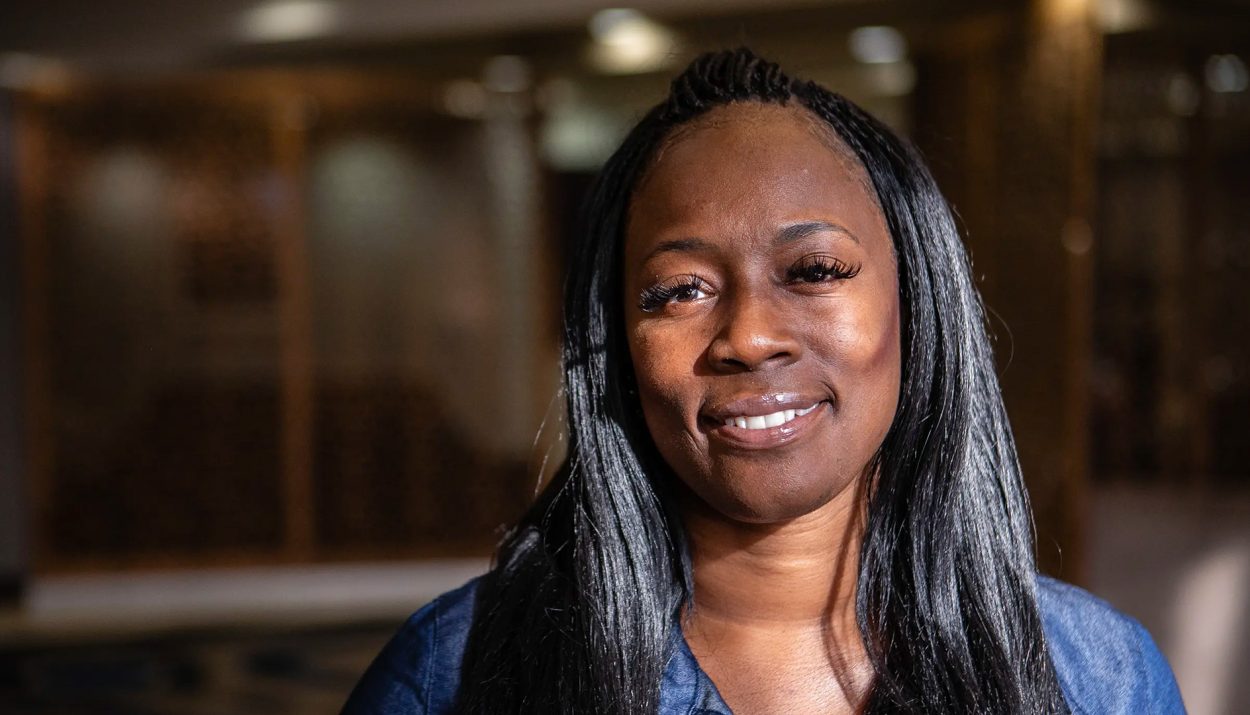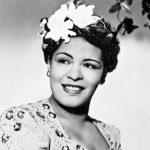A Texas appeals court just overturned a Black woman’s 5-year prison sentence for casting an ineligible vote in the 2016 election, providing a major victory in the fight against voter suppression.
Crystal Mason, a former tax preparer, unknowingly voted with a provisional ballot that was never counted. She was later indicted and convicted of illegal voting. Critics called her harsh punishment an attempt to intimidate voters of color and those with criminal records. Now, after years of legal battles, justice has finally prevailed.
Black Woman Crystal Mason Sentenced for Ineligible Vote
Crystal Mason served ten months in prison for casting a provisional ballot in the 2016 election, unaware that she was ineligible to vote.
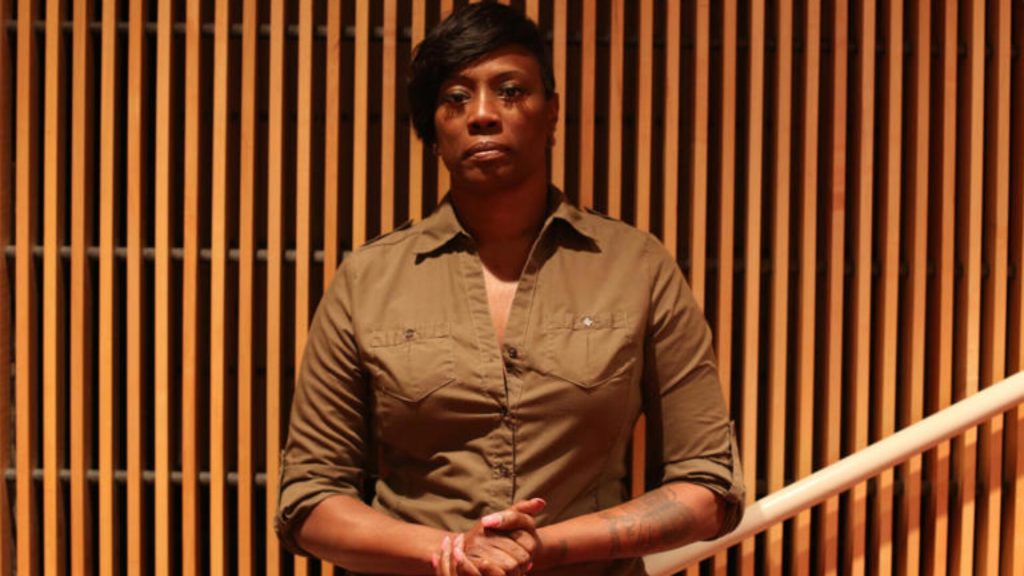
On Thursday, a Texas appeals court judge overturned Mason’s illegal voting conviction, ruling that there wasn’t enough evidence to prove she knew she couldn’t vote.
Unaware Of The Implications of Criminal Record
Mason, who is Black, was on supervised release for a federal tax fraud conviction in 2016. She went to vote with her family, not realizing her criminal record barred her from casting a ballot.
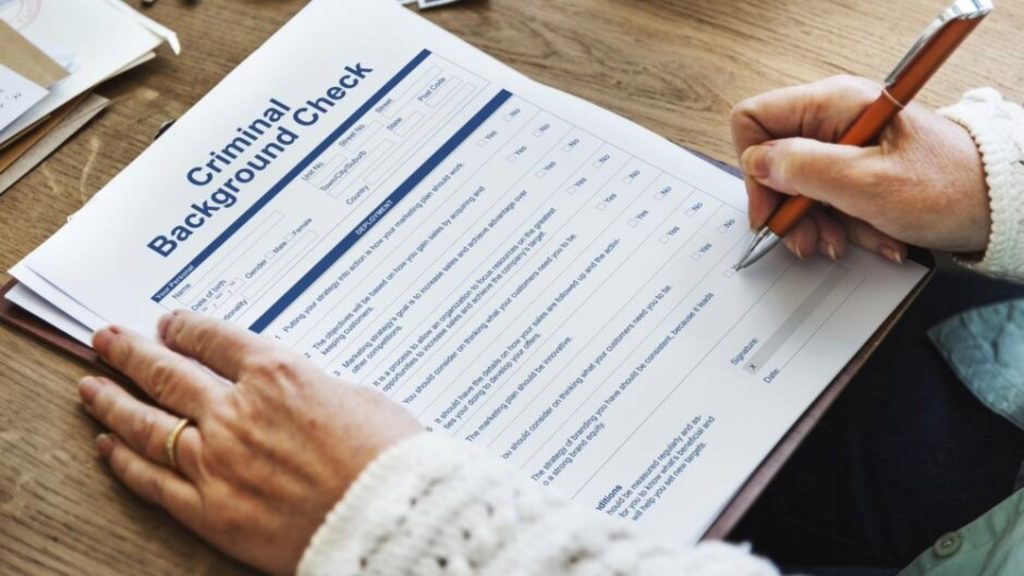
When poll workers couldn’t find her name on the voter rolls, they gave her a provisional ballot. Mason filled it out, believing election officials would determine her eligibility. Instead, she was indicted for illegal voting.
Complexities of Voting Rights
Mason’s case highlighted the complexities around voting rights restoration and the challenges former felons face navigating the system.
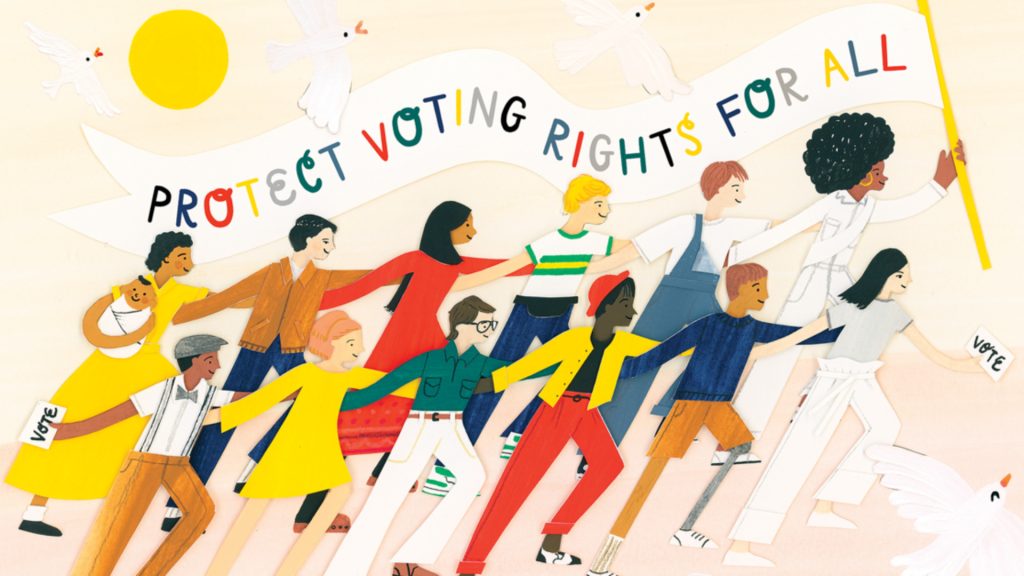
Many critics argued the prosecution of Mason was an attempt to intimidate minority voters and make an example of her.
Ballot Not Counted, but She Was Convicted of Illegal Voting
When Mason went to vote in 2016, poll workers could not find her name on the voter rolls. However, as per standard procedure, they allowed her to fill out a provisional ballot.
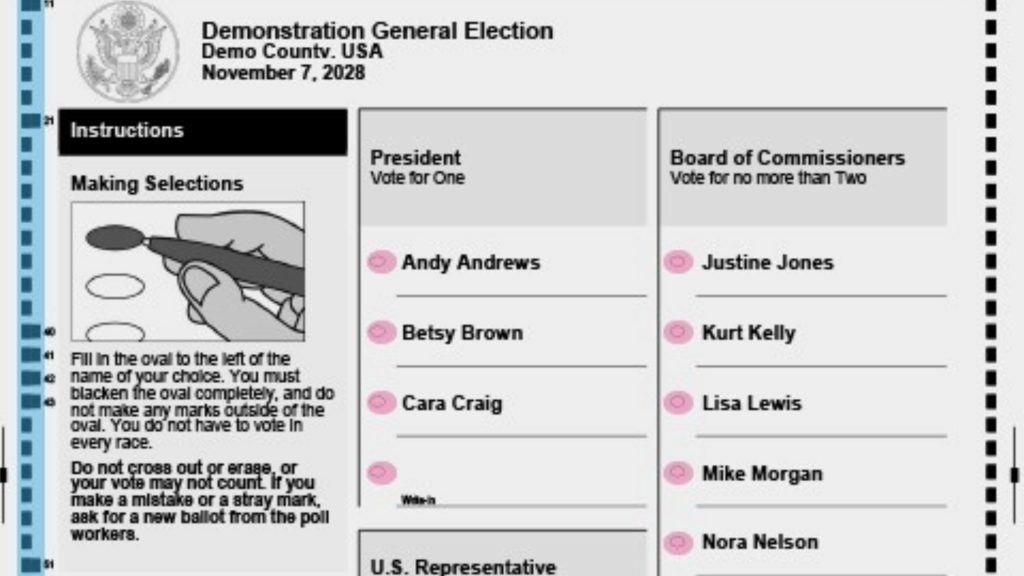
These ballots are used when there are questions about a voter’s eligibility and are reviewed before being counted.
Winning The Right To Vote
Black women have fought an arduous battle to gain the right to vote in the US. After slavery was abolished, the 15th Amendment gave Black men the right to vote in 1870.
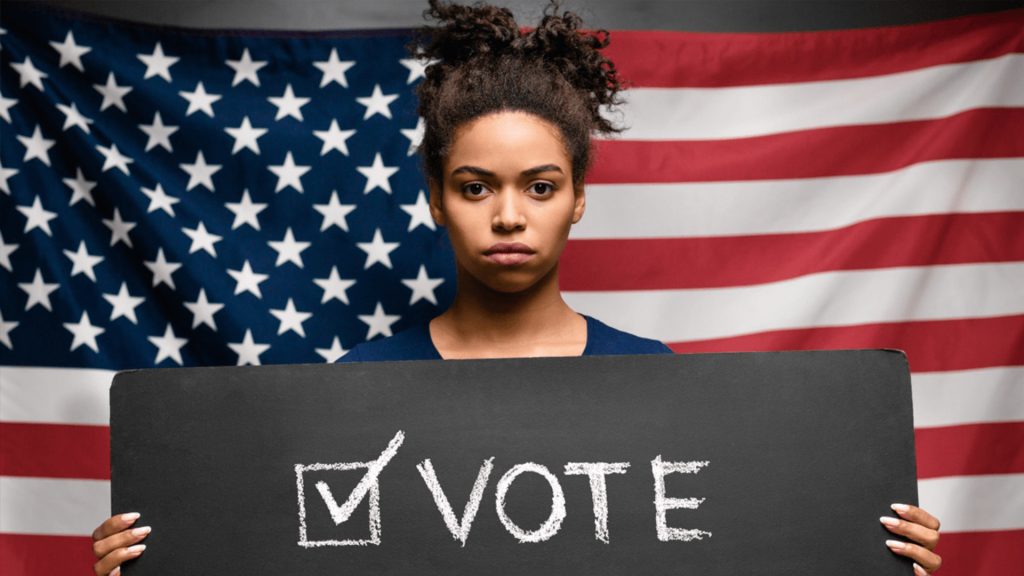
However, women of all races were still denied the right to vote. Black women had to fight both racism and sexism to gain suffrage.
Early Activists
Pioneers like Sojourner Truth, an abolitionist and women’s rights activist, advocated for both the abolition of slavery and women’s suffrage in the 19th century.
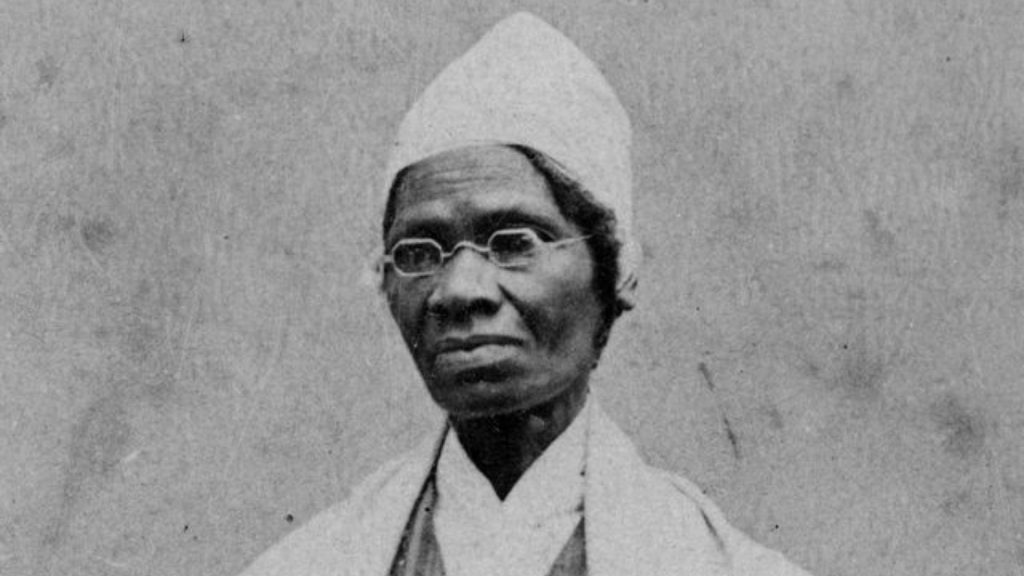
Mary Church Terrell was a founding member of the National Association of Colored Women in 1896 and fought for women’s suffrage. Ida B. Wells, an anti-lynching crusader, also fought for women’s suffrage, believing it was necessary for Black progress.
Turning Point
A turning point came in 1920 when the 19th Amendment was ratified, prohibiting denying the right to vote based on sex.
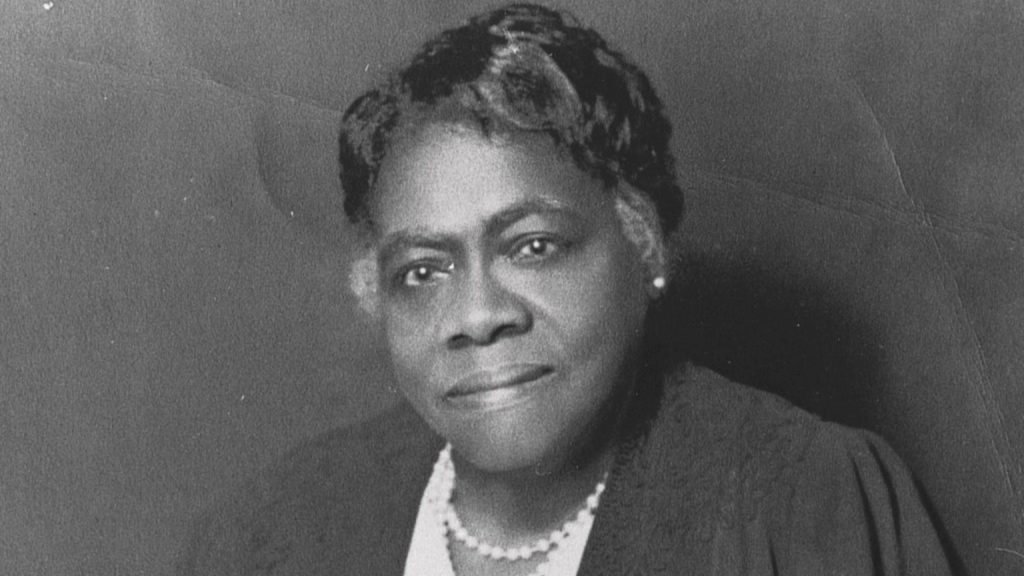
However, Black women still faced barriers like literacy tests, poll taxes, and intimidation. Activists like Mary McLeod Bethune worked to register Black women to vote. The Voting Rights Act of 1965 outlawed discriminatory voting practices, finally securing Black women’s right to vote.
Ongoing Fight
However, the fight is not over. There are still efforts to disenfranchise Black voters through gerrymandering and voting restrictions.
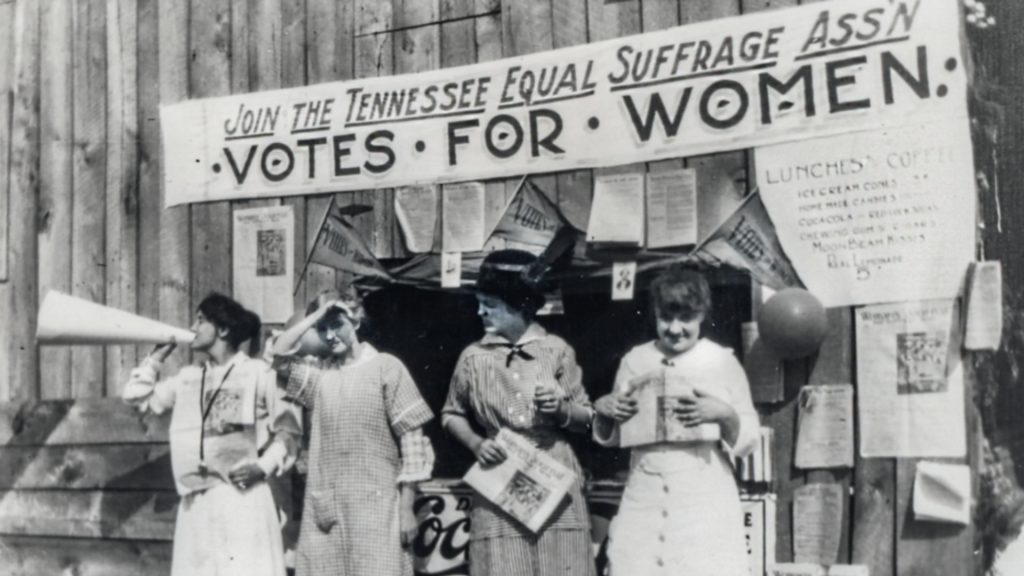
The long battle Black women fought for suffrage serves as an inspiration and reminder of the importance of voting and continued vigilance against voter suppression.
Case Seen as Voter Suppression of Minorities
Civil rights groups saw the case as an attempt to intimidate and suppress minority voters in Texas.
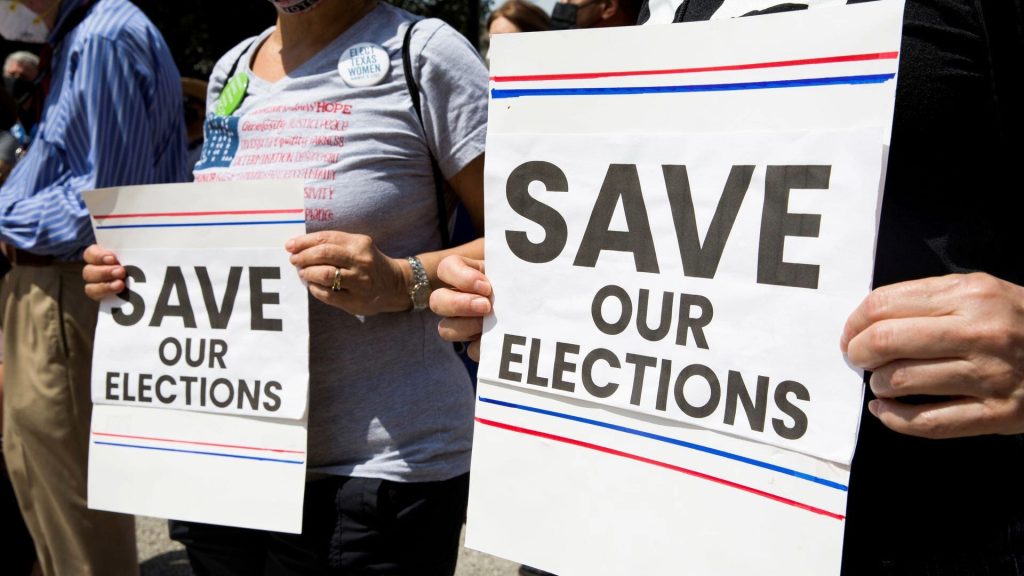
Mason’s attorneys argued that the state was trying to make an example of her to scare others with a criminal record from voting, even if they were eligible.
A Disproportionate Impact
Laws that restrict voting rights after a felony conviction have a disproportionate impact on minorities, who face higher rates of incarceration.
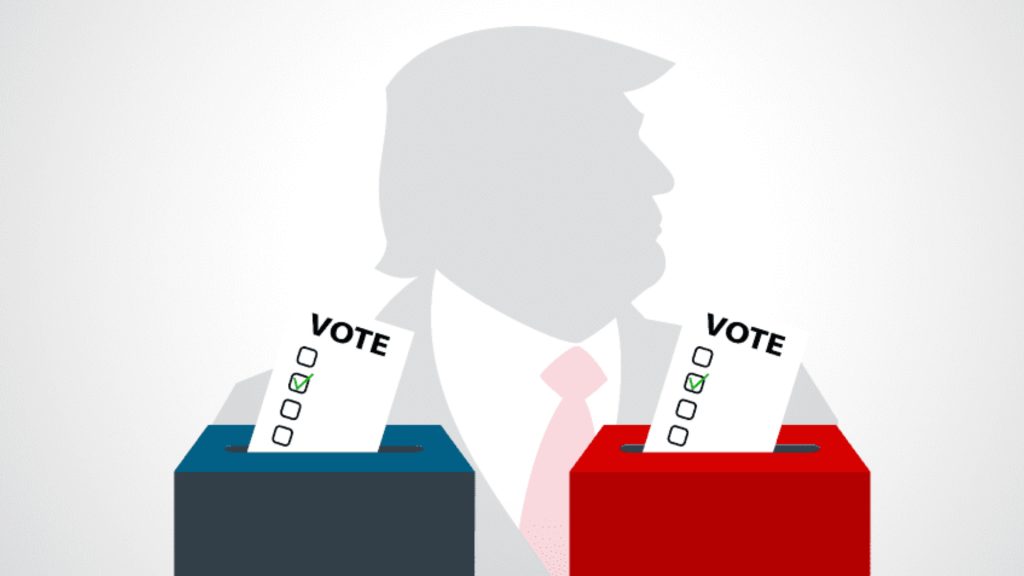
Restrictions on voting after incarceration contribute to the broader issue of minority voter suppression, Mason’s supporters said.
Mason Emotional Over Conviction Being Overturned
Crystal Mason was overjoyed when she learned the appeals court had overturned her illegal voting conviction. According to reports, she cried upon hearing the news that she was acquitted.
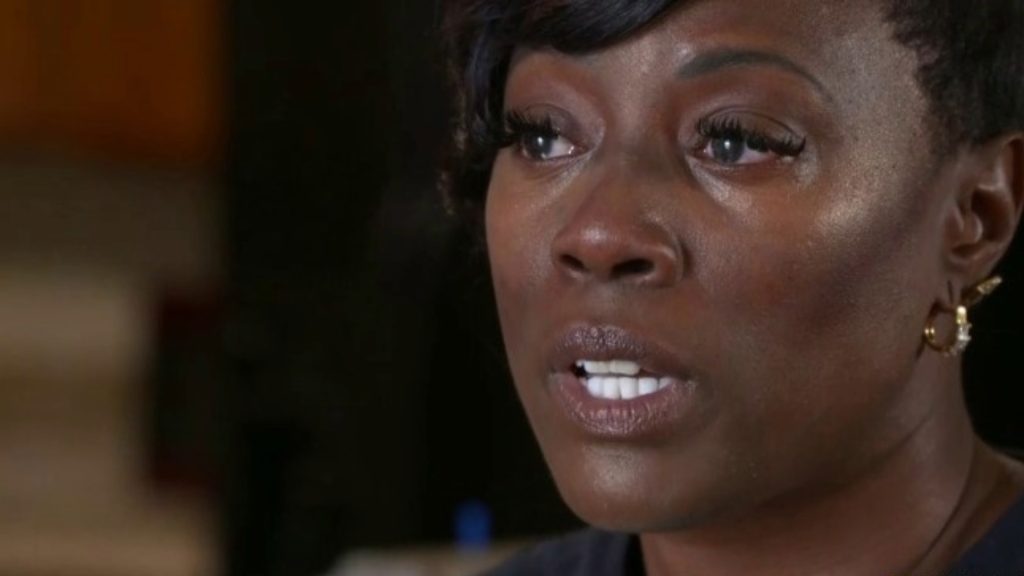
Now that the appeals court has ruled in her favor, Mason can finally feel a sense of relief and closure. She has gotten her life back after what she sees as an unjust punishment simply for voting.
Judge Rules State Did Not Prove She Knew Vote Was Illegal
The Texas Second Court of Appeals acquitted Crystal Mason of illegal voting, reversing her five-year prison sentence.
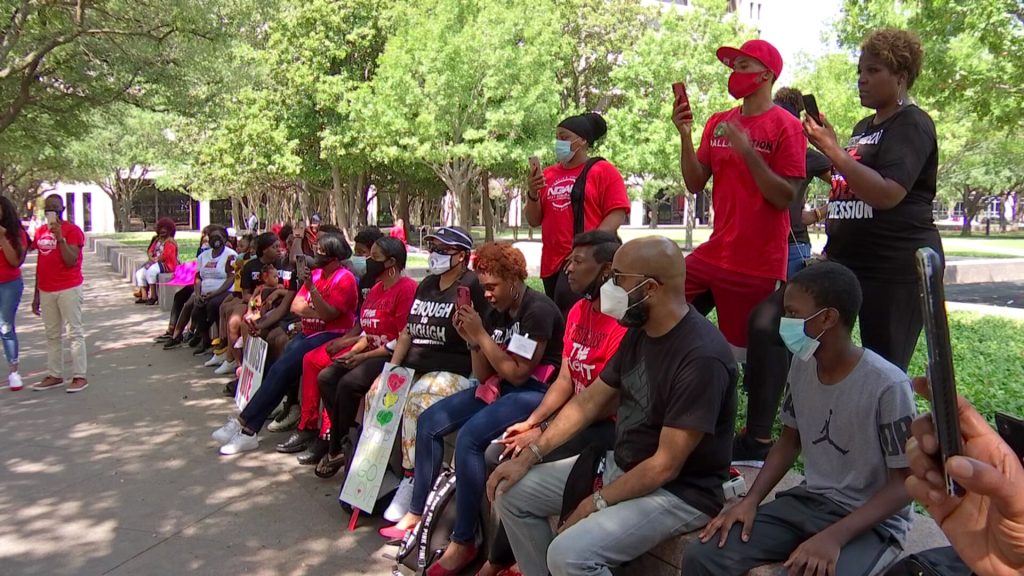
Judge Wade Birdwell found insufficient evidence proving Mason knew she was ineligible to vote in 2016. Her provisional ballot was never counted, yet she was convicted of voter fraud.
Other Cases Where Women Were Convicted for Voter Fraud
In other instances, women of color have also faced harsh punishment for perceived voter fraud. In Tennessee, activist Pamela Moses, a Black woman, was sentenced earlier this year to six years in prison for attempting to register to vote as a felon on probation.
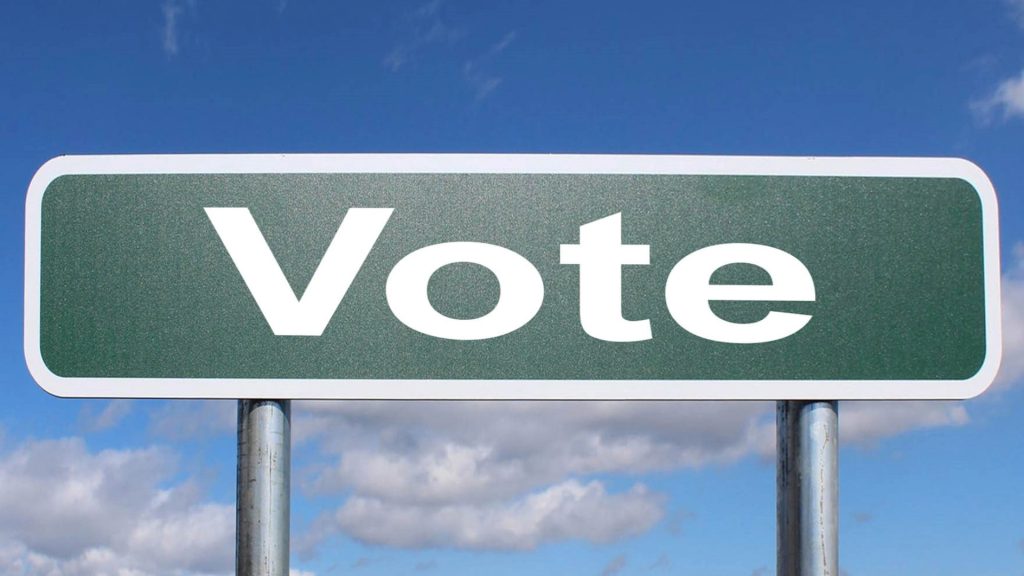
According to her attorney, Moses did not realize her probation excluded her from voting. Rosa Maria Ortega, a Mexican citizen and legal permanent resident in Texas, was convicted and sentenced to eight years in prison in 2017 for illegal voting.
Voter Fraud Not A Victimless But Voter Rights Are Necessary
Although fraud should not be taken lightly, incarcerating individuals for years for unknowingly voting ineligibly seems an extreme punishment that does little to further democracy.

There are concerns that these cases may discourage others from voting out of fear that their ballots could be rejected or lead to legal trouble.

